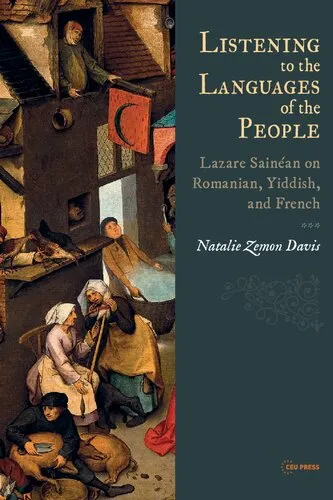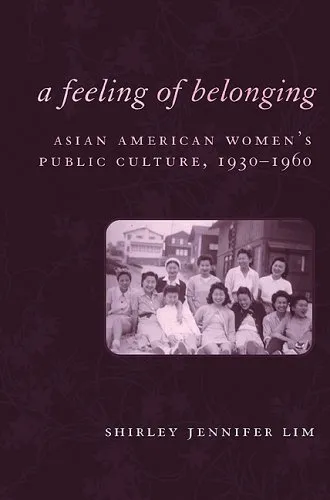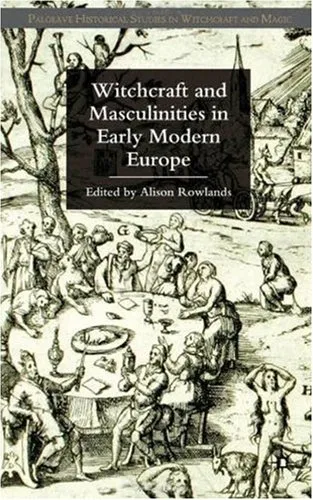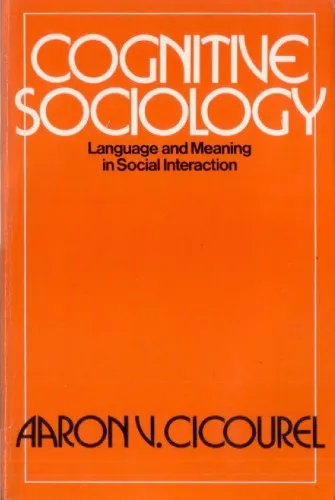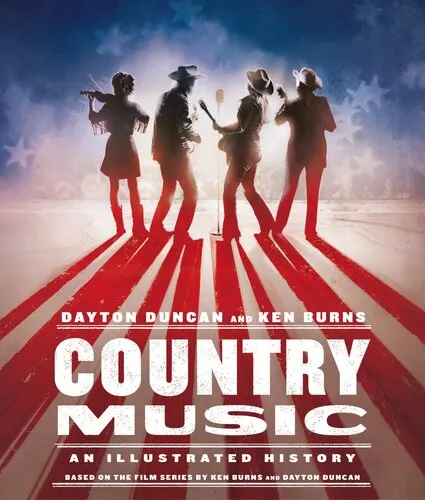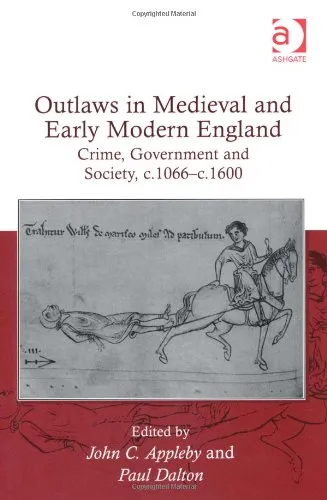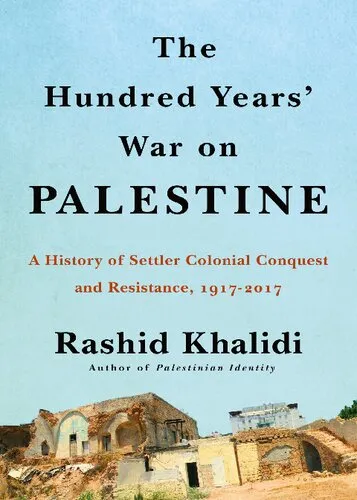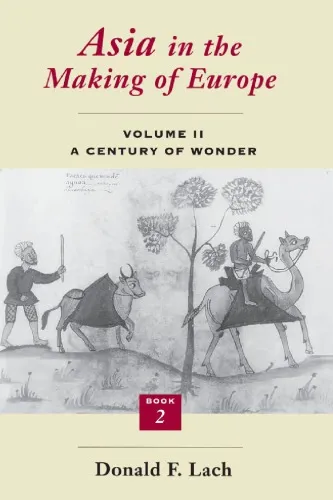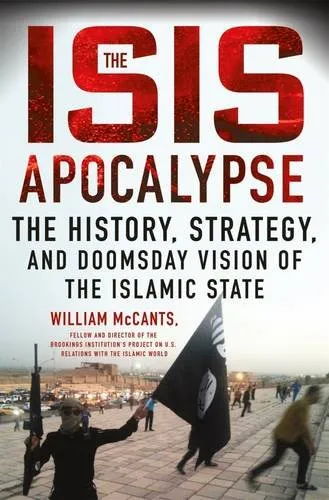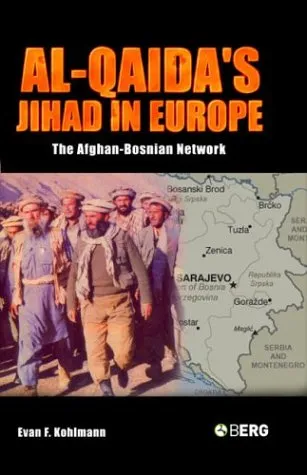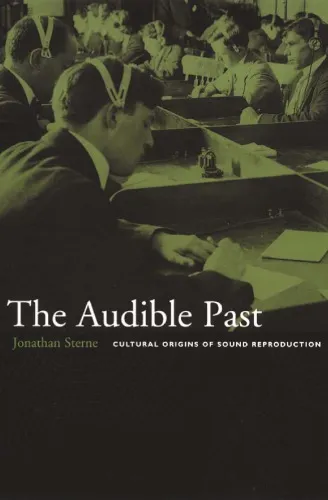Languages and Communities in Early Modern Europe (The Wiles Lectures)
4.0
Reviews from our users

You Can Ask your questions from this book's AI after Login
Each download or ask from book AI costs 2 points. To earn more free points, please visit the Points Guide Page and complete some valuable actions.Related Refrences:
Introduction to 'Languages and Communities in Early Modern Europe'
"Languages and Communities in Early Modern Europe" is a seminal work that explores the transformative relationship between language and cultural identity in Europe during the early modern period, roughly spanning from 1500 to 1800. Written with precision and insight, this book investigates how linguistic practices shaped, managed, and sometimes fractured communities in a time characterized by political upheaval, religious reformation, and early globalization. Through detailed research and compelling arguments, the book illuminates the linguistic diversity of Europe while emphasizing the influence of multilingualism, national language policies, and the role of minority languages in creating cohesive—and often contentious—communities.
Detailed Summary of the Book
"Languages and Communities in Early Modern Europe" begins by laying a historical groundwork for understanding the linguistic landscape of the continent during the early modern era, with its multiplicity of vernaculars, lingua francas, and the prestige attached to classical languages such as Latin and Greek. The book explores how factors such as trade, war, migration, and colonization facilitated the spread and evolution of languages.
A central theme of the book is the relationship between language and identity. It discusses how communities used language as a tool for inclusion and exclusion, reinforcing boundaries between "us" and "them." This is particularly evident in the context of nation-building processes, where emerging nations promoted the cultivation of standardized national languages to solidify a sense of communal identity.
The work also shines a spotlight on the role of religion in linguistic developments. For instance, the Protestant Reformation and the Catholic Counter-Reformation encouraged the translation of religious texts into vernacular languages, which not only democratized access to faith but also elevated the status of local languages. In parallel, the influence of empires, particularly in colonial contexts, propagated certain languages abroad while displacing indigenous tongues.
Furthermore, the book examines the functionality of language as a medium for diplomacy and commerce. Lingua francas, like French and Italian, served as unifying tools for disparate groups, enabling greater interaction and connectivity. However, such lingua francas also instigated resistance from smaller linguistic communities aiming to preserve their uniqueness.
Burke concludes by reflecting on the enduring legacy of the early modern linguistic transformations, arguing that modern language politics owe a great deal to the processes set in motion during this influential period.
Key Takeaways
- The role of language in shaping political and cultural identities in early modern Europe.
- How multilingualism thrived in diverse communities despite the push for linguistic uniformity during nation-building efforts.
- The intricate relationship between language and religion, particularly during the Reformation and Counter-Reformation.
- The influence of early modern language politics on the global spread of European languages during colonization.
- Insights into how languages acted both as a unifying force and a cause of division within societies.
Famous Quotes from the Book
"Language is not merely a tool of communication; it is a symbol of belonging, a banner under which communities rally."
"The struggle to preserve minority languages in the face of assimilation mirrors the larger struggle of individuals to retain their identity amidst the tides of change."
"In early modern Europe, every word spoke volumes—not just in meaning but in identity, power, and resistance."
Why This Book Matters
This book is essential reading for historians, linguists, and anyone interested in the development of cultural and national identities. By unearthing the intricate interplay between language and society in early modern Europe, it provides valuable insights into the origins of many contemporary issues related to language politics, such as the debate between globalization and the preservation of linguistic diversity. Burke's meticulous research demonstrates why understanding the past is critical for grappling with present-day challenges involving language, migration, and multicultural governance.
Additionally, "Languages and Communities in Early Modern Europe" challenges readers to rethink the notion of linguistic superiority, emphasizing instead the vibrant and creative multilingualism that shaped the fabric of early modern societies. It instills an appreciation for the resilience of minority languages and the cultural innovation birthed from linguistic diversity.
In a world still defined by linguistic divides and efforts toward cultural homogenization, the questions raised by this book remain as pertinent today as they were centuries ago.
Free Direct Download
You Can Download this book after Login
Accessing books through legal platforms and public libraries not only supports the rights of authors and publishers but also contributes to the sustainability of reading culture. Before downloading, please take a moment to consider these options.
Find this book on other platforms:
WorldCat helps you find books in libraries worldwide.
See ratings, reviews, and discussions on Goodreads.
Find and buy rare or used books on AbeBooks.
1430
بازدید4.0
امتیاز0
نظر98%
رضایتReviews:
4.0
Based on 0 users review
Questions & Answers
Ask questions about this book or help others by answering
No questions yet. Be the first to ask!
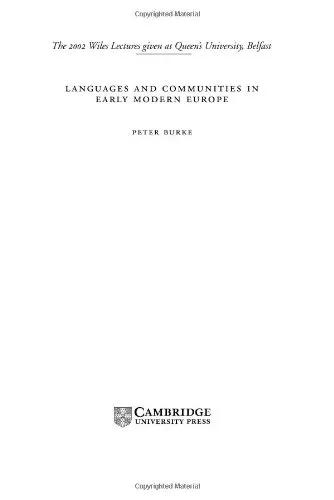
![Mathematics and Its History [FIXED]](https://s3.refhub.ir/images/thumb/Mathematics_and_Its_History__FIXED_29231.webp)
